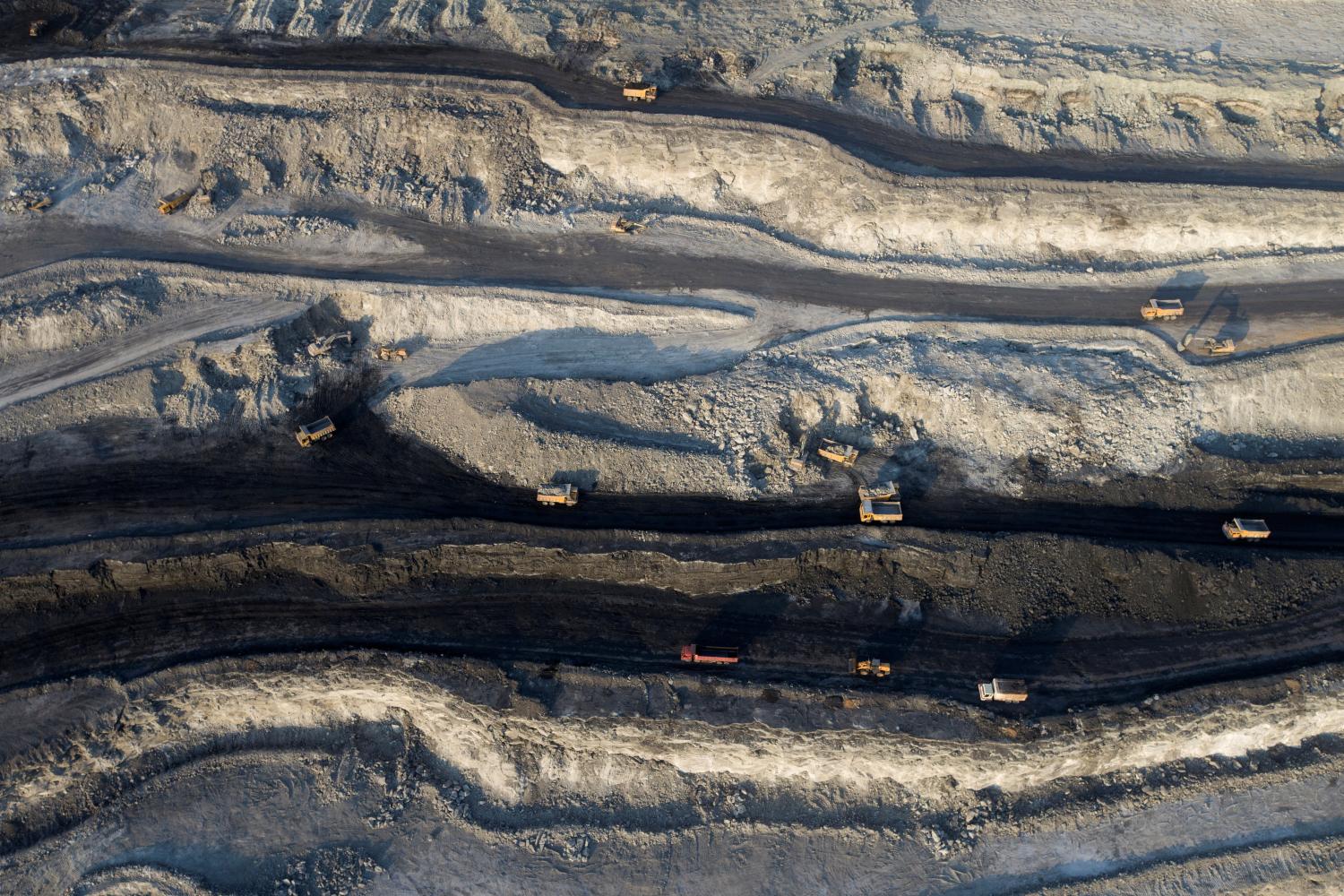The world faces major challenges in responsibly sourcing large quantities of minerals that are critical for the transition to low-carbon energy sources. Consumption of these critical minerals—most notably nickel, copper, lithium, and cobalt—is projected to rise, largely driven by their use in the renewable energy sector. Demand is expected to quadruple by 2040 under the International Energy Agency’s Sustainable Development Scenario, in which global action would limit the global temperature rise to well below 2°C, and it is projected to rise by six times under a net-zero scenario.1 Many governments, including the United States, European Union members, and China, seem to share the goal of increasing the supply and rate of production of the raw materials needed for the energy transition to address the challenge of global climate change. However, meeting this demand will be difficult—and producing these minerals in strict adherence to robust environmental, social, and governance criteria will be even more so.
China is the dominant player in global mineral processing. This report analyzes how its strategic position in regard to critical minerals may evolve, to shed light on current and emerging challenges for the energy transition, given the country’s high level of engagement in global mineral supply chains.
Two major factors are likely to influence dynamics around responsible sourcing of critical minerals for the energy transition. This first factor is China’s level of dominance across critical minerals supply chains. There is growing concern that a high level of dependence on China for these minerals and their derivative products may create energy security risks.2 Other governments, notably in the U.S. and Europe, have moved to build out their own critical minerals supply chains, creating uncertainty about whether China will maintain its dominant position. The second factor is the level of enforcement of due diligence requirements in China’s mineral sector and midstream and downstream industries (e.g., refiners or original equipment manufacturers) to make these supply chains “cleaner” and “greener.” Comprehensive, globally aligned due diligence requirements are needed to ensure that the sourcing of minerals needed for the energy transition does not cause or contribute to adverse social and environmental impacts. These two factors will likely shape the future of critical minerals supply chains.
<< Download the full report here >>
About Results for Development
Results for Development (R4D) is a leading non-profit global development partner. R4D collaborates with change agents around the world—governments, civil society and innovators—to create strong systems that support healthy, educated people. R4D combines global expertise in health, education and nutrition with analytic rigor, practical support for decision-making and implementation, and access to peer problem-solving networks.
About The Brookings Institution
The Brookings Institution is a nonprofit organization devoted to independent research and policy solutions. Its mission is to conduct high-quality, independent research and, based on that research, to provide innovative, practical recommendations for policymakers and the public. The conclusions and recommendations of any Brookings publication are solely those of its author(s), and do not reflect the views of the Institution, its management, or its other scholars. This publication is based on research primarily funded by the BHP Foundation. The findings, interpretations, and conclusions in this report are those of the authors and do not necessarily reflect positions or policies of the BHP Foundation or other donors. Brookings recognizes that the value it provides is in its absolute commitment to quality, independence, and impact. Activities supported by its donors reflect this commitment.
-
Acknowledgements and disclosures
LTRC is extremely grateful for the thoughtful and meticulous peer review contributed by Brad Brooks-Rubin, Dr. Zha Daojiong (Professor of International Political Economy, School of International Studies, Peking University), Luca Maiotti (OECD Centre for Responsible Business Conduct), and Louis Maréchal (OECD Centre for Responsible Business Conduct). This paper solely reflects the views of the authors. Any errors are those of the authors alone. This publication is made possible by support from the BHP Foundation. The findings, interpretations, and conclusions in this report are solely those of the authors and do not represent positions or policies of the BHP Foundation, its officers, employees, or other donors. Brookings is committed to quality, independence, and impact in all of its work. Activities supported by its donors reflect this commitment, and the analysis and recommendations are solely determined by the scholars.
-
Footnotes
- International Energy Agency. (2021). The Role of Critical Minerals in Clean Energy Transitions. https://www.iea.org/reports/the-role-of-critical-minerals-in-clean-energy-transitions
- Attwood, J., & Fuentes, V. (2022, February 1). In Chile’s big mining shake-up, radical moves remain a long shot. Bloomberg. https://www.bloomberg. com/news/articles/2022-02-01/in-chile-s-big-mining-shake-up-radical-moves-remain-a-long-shot




